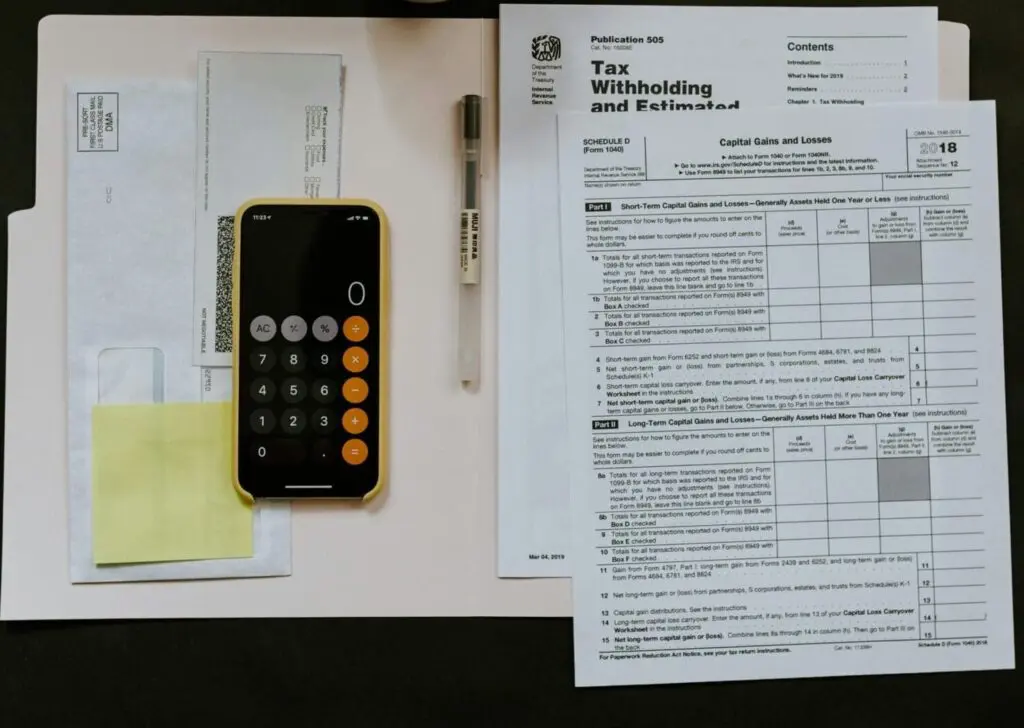Post-COVID19 insolvencies in Spain: Apocalypse now? As we reported in our previous legal alert, the state of emergency has practically suspended all non-urgent activity before the Spanish courts, and specifically those proceedings related to commercial and business matters. Accordingly, despite the severe circumstances affecting companies in financial distress due to their lack of activity, the Spanish commercial courts are not currently processing pre-insolvency notices or petitions for insolvency. Indeed, it is important to note that, during the state of emergency, the requirement for insolvent companies to apply for insolvency or to enter into negotiations with creditors has been suspended.
Therefore, Spain is facing a serious economic situation that companies cannot resolve or seek protection in the courts as they are under the effects of legal anaesthesia during the declaration of the state of emergency. Clearly, the problem will arise when the effects of the anaesthetics wear off, and the companies wake up without being able to function again resulting from several months without any productive activity and with a critical accumulated debt, facing even harsher insolvency proceedings (concurso de acreedores).
Now, those companies most affected by the closure of its activity are focused on approving temporary labour force adjustment plan (ERTE) or trying to avoid financial asphyxia through credit lines enabled by the Spanish Corporate State-owned Entity (ICO). However these measures are clearly proving insufficient and, if nothing is done about it, once the state of emergency ceases, the Spanish courts will be swamped by a flood of new insolvency petitions and processes of all kinds, leading to the saturation or even collapse of the judicial system.
Certainly, following the end of the exceptional measures, a very significant increase in disputes and insolvency proceedings is expected. First, the courts will have to continue to deal with all the processes that were already in progress before the state of emergency declaration, plus the new insolvency applications and business-to-business claims proceedings. In addition to this, the courts will face a new wave of disputes arising from the state of emergency, such as lawsuits for dismissal, redundancy schemes (ERES), non-payment rent evictions, etc.
However, this stay does not mean that companies in a situation of insolvency (or that foreseeably will be in the immediate future) cannot prepare or even apply for insolvency. Thus, although Spanish commercial courts do not currently handle these proceedings due to the procedural suspension, it may be possible if the urgency is demonstrated and, that otherwise irreparable damage may caused to the company.
Therefore, in these circumstances, prevention and anticipation are key: an early insolvency application, when the debtor still has sufficient liquidity, can mean the maintenance of its activity and the survival of the company.
Yet, in some other instances, it would be preferable not to file for immediate insolvency proceedings, but to start negociations with creditors to restructure the debt using the so-called pre insolvency protection of article 5bis of the Spanish insolvency Act (1)
The communication of Article 5bis
Commonly known as “the preliminary bankruptcy proceeding”, article 5 regulates an exception to the legal period to file for insolvency, by entitling distressed companies to file a “notice of postponement” before the commercial courts. By doing so, a three-month negotiation period would start, either to reach refinancing agreements or to obtain an anticipated adhesion to a composition agreement with its creditors, avoiding going into insolvency. Article 5bis postponement may also be used by the debtor to find a third-party investor interested in acquiring the company, a part of the business or production unit.
Moreover, it is also relevant to mention that from the time of filing the article 5bis notice, any new enforcement proceedings against the debtor’s assets necessary to its activity are prohibited, and those currently ongoing will stay. Generally, the company under the ‘5 bis effects’, will try to seek to expand its credits banks, negotiate an extension of debts and negotiate new agreement terms with suppliers which may include waivers and debt moratoriums.
Next steps to be taken must be very well measured, particularly if directors have backed the business with their own private assets
However, if within the three months from the communication of the article 5bis the debtor has not been able to refinance its debts or obtain adherences to the proposal of agreement, it will be bound to file the insolvency proceeding within the following month.
In any case, the next steps to be taken must be very well measured, taking into account, among other aspects: the size of the company, its auditors’ reports and how liabilities are structured, particularly if directors have backed the business with their own private assets. A wrong decision can lead to significant losses.
(1) Spanish Insolvency Act 22/2003, dated 9 July (Ley 22/2003, de 9 de julio, Concursal).
Litigation and arbitration,
Abogado at Del Canto Chambers
josep@delcantochambers.com








